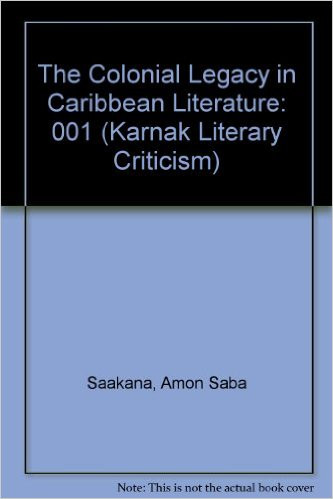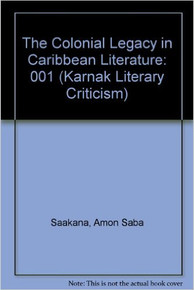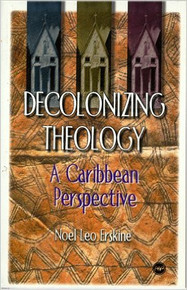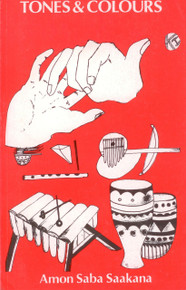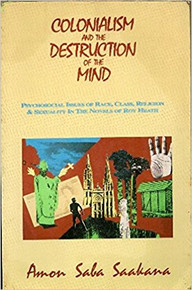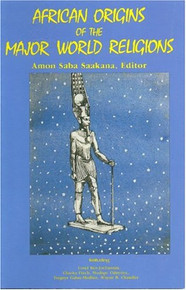Categories
Categories
Authors
Authors
- Home
- Literature/Literary Criticism
- THE COLONIAL LEGACY IN CARIBBEAN LITERATURE by Amon Saba Saakana (HARDCOVER)
THE COLONIAL LEGACY IN CARIBBEAN LITERATURE by Amon Saba Saakana (HARDCOVER)
THE COLONIAL LEGACY IN CARIBBEAN LITERATURE by Amon Saba Saakana (HARDCOVER)
Product Description
The literature on the history and development of Caribbean literaure is sparse, and any literature on the extent to which European colonial influence has informed and influenced Caribbean writing is almost non-existent. The author uses a variety of disciplines; history, politics, psychology to bring to bear on the interpretative analysis of how Caribbean literature has been removed from the source of its natural development. The history begins in the early 19th century, from the plantation and European literary and non-literary concerns of the plantocrats, to writing of fiction and verse which exalted European literary traditions and styles, the examination of a colonialist implantation of an education system whose aim was the deculturation of the individual, to the full flowering of writing, not only in terms of fiction and verse, but in aesthetics and literary criticism. Through analysis and interpretation the author shows that writers such as Vic Reid, Ralph de Boissiere, H.D. de Lisser and V.S. Naipaul were falsely canonised by British literary critics. This reinforced the colonial legacy and made it doubly difficult for a truly liberating literature to emerge, although the popular arts (music, song, dance) contained the historical trends of tradition and power.
Ngugu wa Thiong'o says:
The essays that make up this book, The Colonial Legacy in Caribben Literature, are a demonstration and defence of the continuity and centrality of the Afro-Caribbean consciousness in the anti-colonial and hence anti-imperialist struggles of the entire Caribbean peoples. The book traces this counsciousness back to the slave revolts; the slaves' affirmation of freedom through fight and flight; and the popular songs and literature in the nineteenth and twentieth centuries.
By its overall insistence on the continuity and centrality of the people's resistance as the correct standpoint from which to evaluate the colonial legacy in Caribbean literature, the book should provoke debate and thought in the relationship between literature and politics; literature and history; and that between literature and the anti-imperialist struggles of 'third world' peoples for the liberation of their economy, politics and culture.
CATEGORIES:
Politics, Literature, History
 Loading... Please wait...
Loading... Please wait... 
